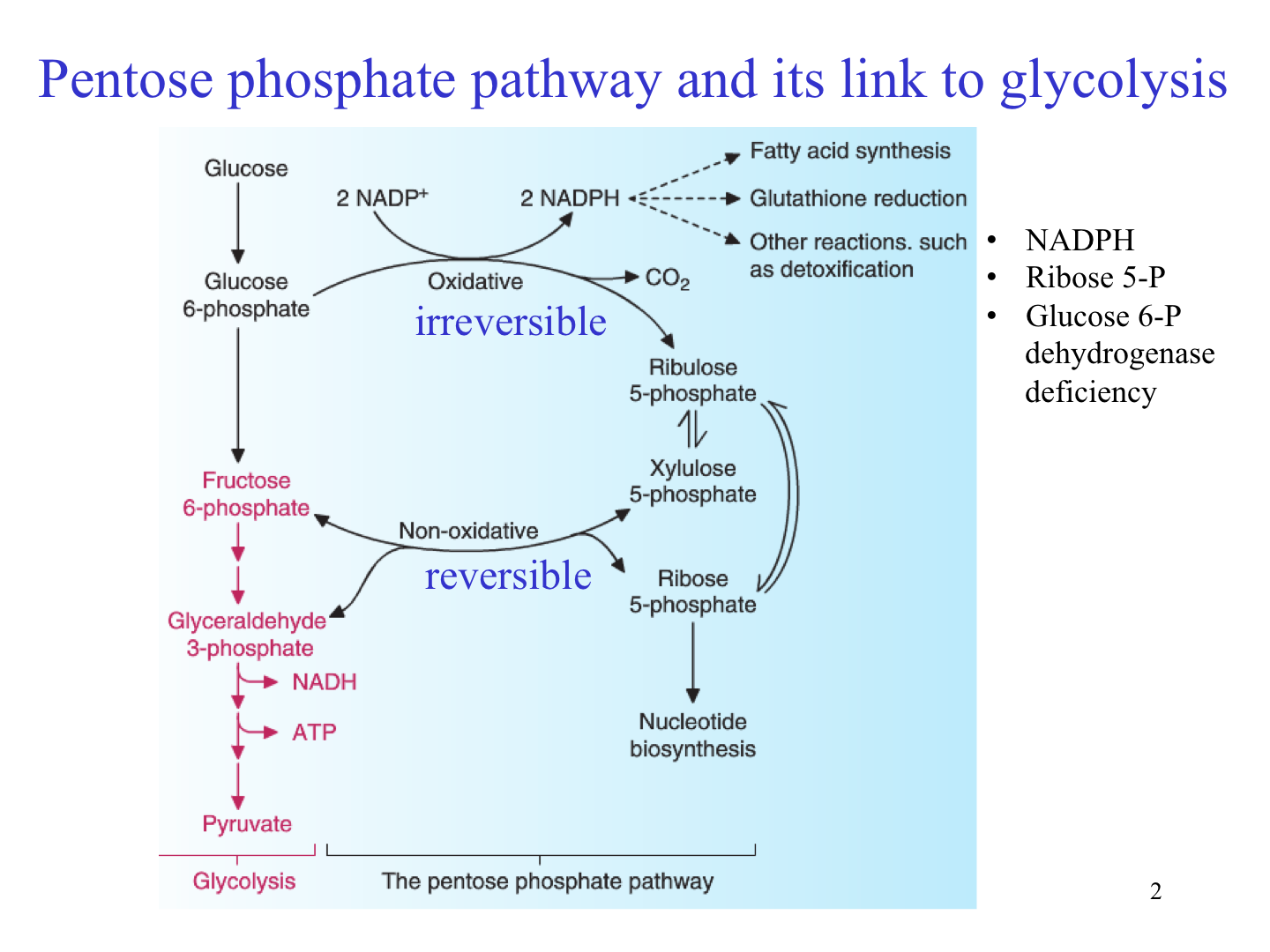Lolinda
J'aime nager dans le froid style Wim Hof.. 🏊♀️🙃
- Messages
- 433
Today, I did a retest of my thiamine levels. Here in Europe, Synlab offers the good test for thiamine, the "transketolase TPP effect".
(Anyone new to this topic: See here for my catastrophic previous results, corresponding to beriberi. Only the scientific grade "transketovase TPP effect" test showed my thiamine deficiency, the inferior tests showed no problem at all)
- I used the opportunity to ask them: they send the blood tubes "to a partner lab in Singapore". And the test costs my health insurance a surprisingly little 40 bucks. - This is what I could find out.
- I made several times experiences that they have an intense exchange of samples across countries, so if one Synlab office offers a test, then others do too. Now I looked up their test catalogue in Leverkusen, Germany, as an example, and yes, they offer the test: "Transketolase mit TPP-Effekt"
(Anyone new to this topic: See here for my catastrophic previous results, corresponding to beriberi. Only the scientific grade "transketovase TPP effect" test showed my thiamine deficiency, the inferior tests showed no problem at all)
Last edited:


